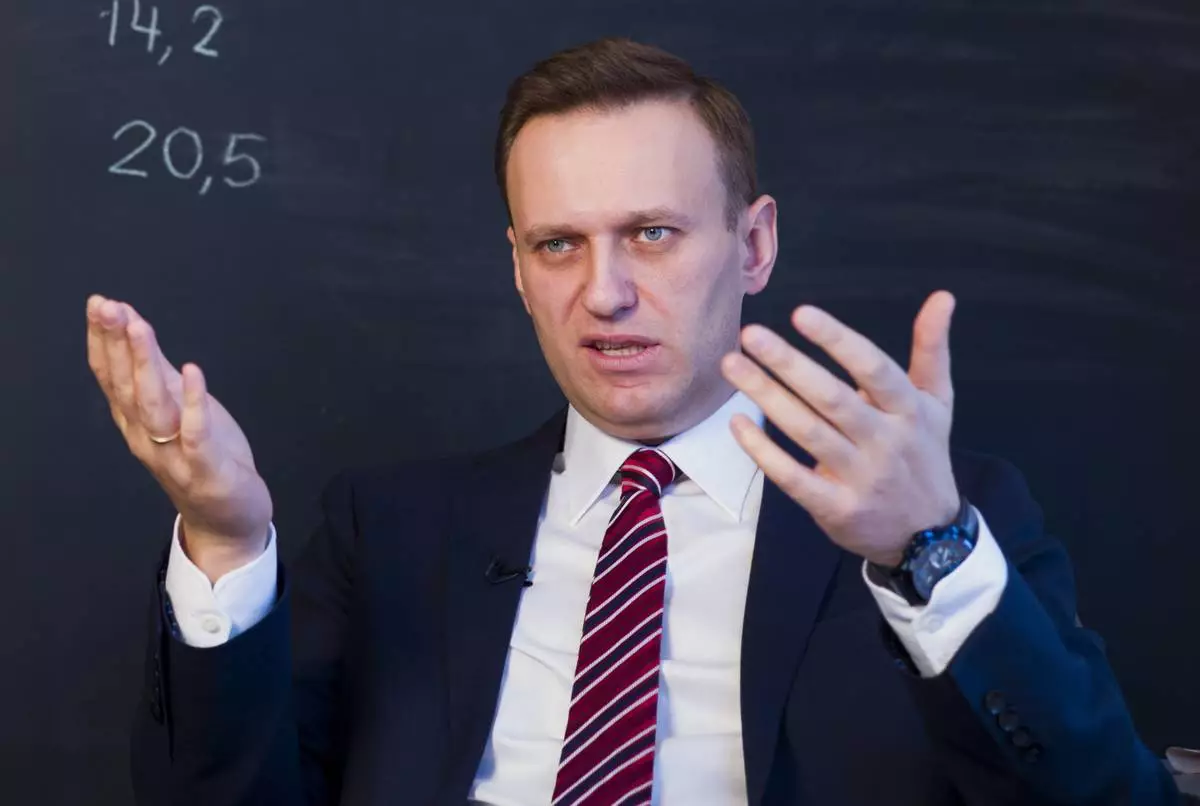The Latest on a U.S. House subcommittee hearing on aircraft safety and the Boeing 737 Max (all times local):
11:15 a.m.
A man whose daughter was killed when an Ethiopian Airlines Boeing 737 Max crashed in March called on legislators to end the Federal Aviation Administration's use of aircraft manufacturer employees to conduct safety inspections.
Michael Stumo, whose daughter Samya died in the crash, told a subcommittee of the U.S. House Transportation Committee that the FAA should return to a system where the inspectors are paid by the FAA but report jointly to the agency and the company.
With that structure "the safety culture could put a stop to things if something looked wrong," he said.
Sam Graves, R-Mo., the highest-ranking Republican on the committee, said the process to "unground" the Max will not resemble the process under which the plane was originally approved.
11 a.m.
A man whose family was killed in the crash of a Boeing 737 Max jet in Ethiopia accused the company of wrongful conduct and told a U.S. House subcommittee that the process to approve aircraft must be strengthened.
Paul Njoroge (Nih-JOR-Gay) says Wednesday that Boeing was left to police itself and allowed to sell the Max without recertifying it as a new aircraft.
He says leadership of the Federal Aviation Administration should change so safety engineers are in charge and called on Congress to increase its budget.
Njoroge says pilots should be trained on simulators to handle the Max's flight control software that can point the plane's nose down to avoid an aerodynamic stall.
Boeing is proposing computer training as it tries to return the grounded to the air.
WASHINGTON (AP) — U.S. intelligence officials have determined that Russian President Vladimir Putin likely didn’t order the death of imprisoned opposition leader Alexei Navalny in February, according to an official familiar with the determination.
While U.S. officials believe Putin was ultimately responsible for the death of Navalny, who endured brutal conditions during his confinement, the intelligence community has found “no smoking gun” that Putin was aware of the timing of Navalny's death — which came soon before the Russian president's reelection — or directly ordered it, according to the official.
The official spoke on the condition of anonymity to discuss the sensitive matter.
Soon after Navalny’s death, U.S. President Joe Biden said Putin was ultimately responsible but did not accuse the Russian president of directly ordering it.
At the time, Biden said the U.S. did not know exactly what had happened to Navalny but that “there is no doubt” that his death “was the consequence of something that Putin and his thugs did.”
Navalny, 47, Russia’s best-known opposition politician and Putin’s most persistent foe, died Feb. 16 in a remote penal colony above the Arctic Circle while serving a 19-year sentence on extremism charges that he rejected as politically motivated.
He had been behind bars since January 2021 after returning to Russia from Germany, where he had been recovering from nerve-agent poisoning that he blamed on the Kremlin.
Russian officials have said only that Navalny died of natural causes and have vehemently denied involvement both in the poisoning and in his death.
In March, a month after Navalny’s death, Putin won a landslide reelection for a fifth term, an outcome that was never in doubt.
The Wall Street Journal first reported about the U.S. intelligence determination.

FILE - Russian opposition politician Alexei Navalny gestures while speaking during his interview to the Associated Press in Moscow, Russia on Dec. 18, 2017. U.S. intelligence officials have determined that Russian President Vladimir Putin likely didn't order the death of Navalny, the imprisoned opposition leader, in February of 2024. An official says the U.S. intelligence community has found "no smoking gun" that Putin was aware of the timing of Navalny's death or directly ordered it. (AP Photo/Alexander Zemlianichenko, File)










